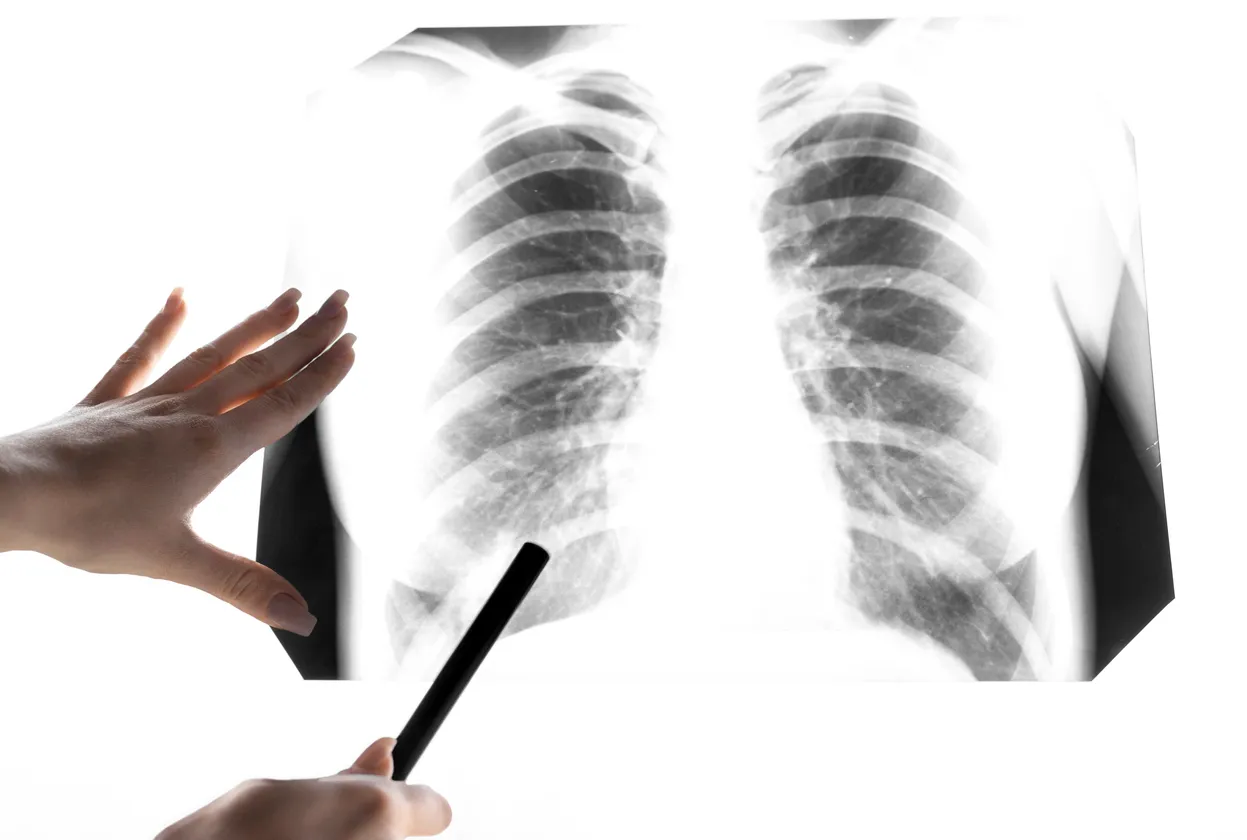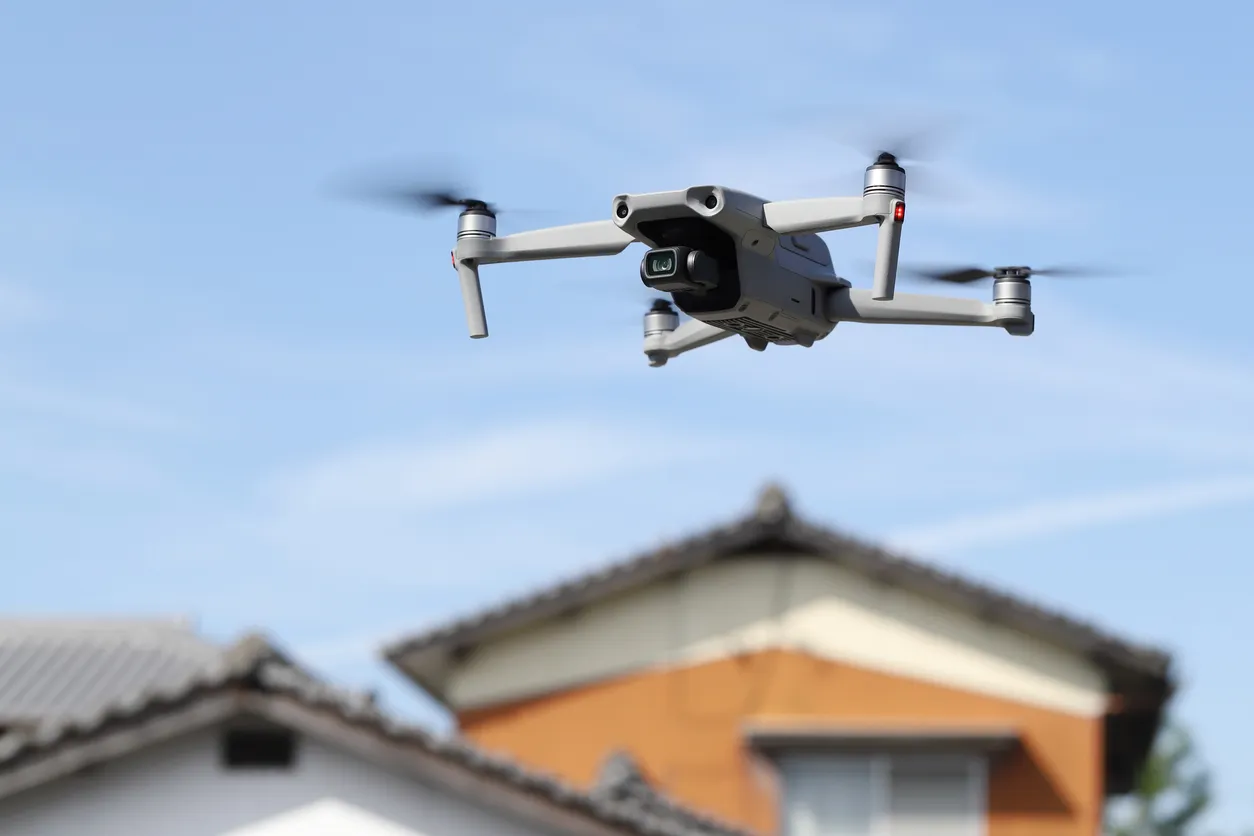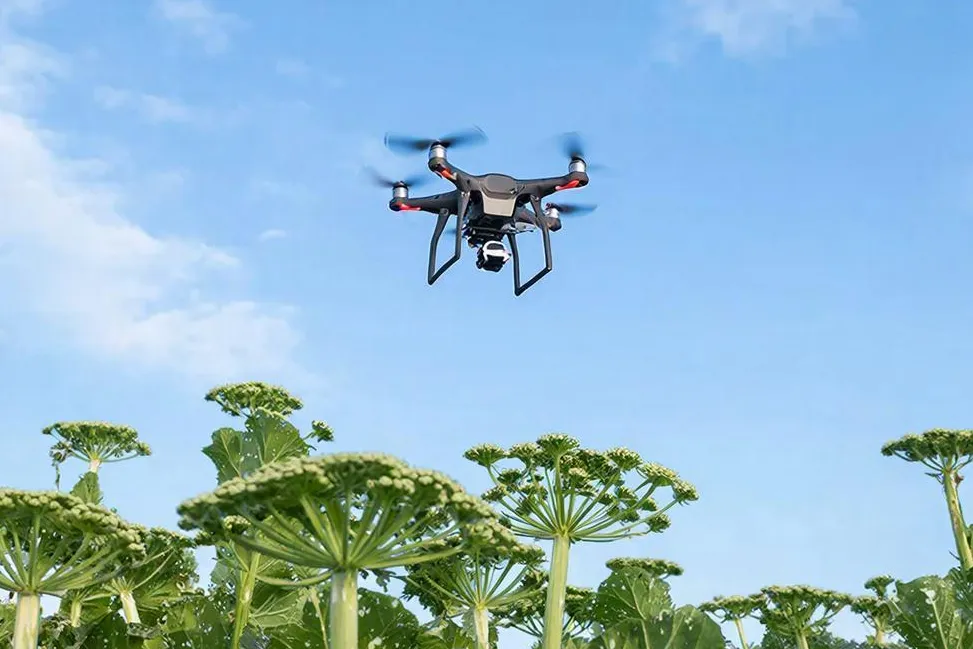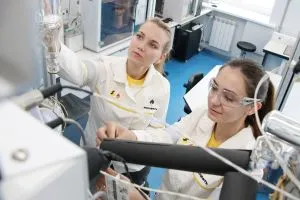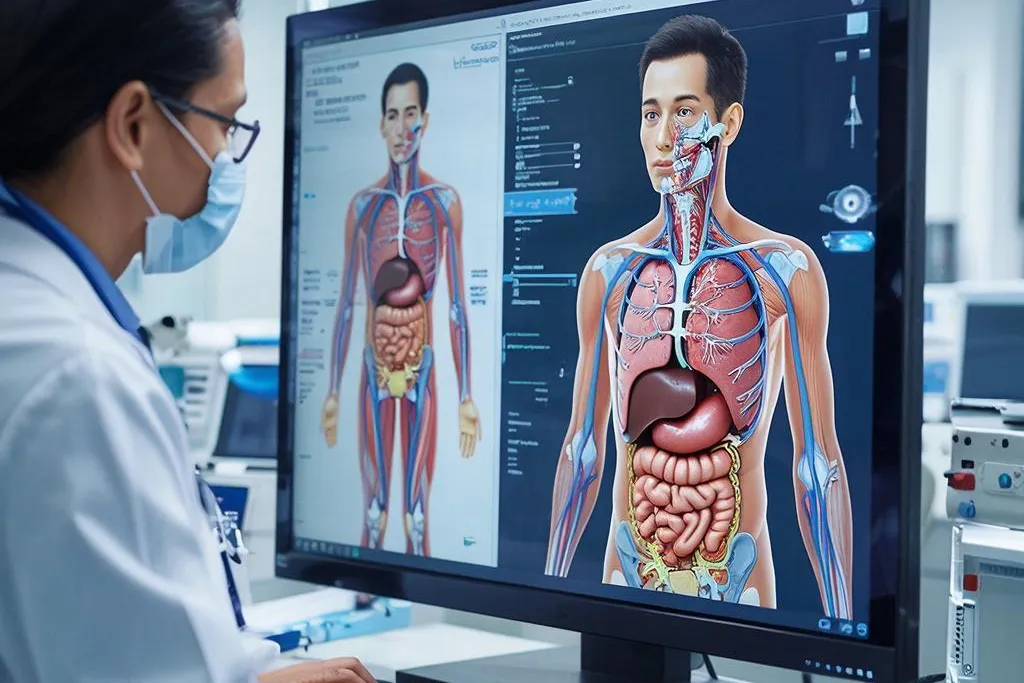Russia Deploys Five AI Systems to Assist Doctors in Diagnosing Diseases

In Dagestan, artificial intelligence is streamlining medical diagnostics—from detecting tumors to helping physicians make clinical decisions faster.
Healthcare professionals in Dagestan are using five types of artificial intelligence in their daily medical practice, according to a recent update presented to Russia’s Ministry of Health.
Most notably, 85 imaging devices have been connected to a centralized system that analyzes X-rays and fluorograms. In 2024, the AI system processed 33,847 scans and flagged anomalies in 10,670 cases—around 31% of the total. Thanks to the technology diagnostic reports can now be generated in as little as five minutes.
Another AI tool is installed on 34 CT scanners, with a primary focus on identifying malignant tumors. Of the 28,776 CT scans reviewed last year abnormalities were detected in 15,530 cases—over 50%. The time to analyze CT results has been cut to seven minutes.
Doctors are also using an AI platform called Webiomed which processes anonymized patient data to determine risk profiles, forecast disease development, and detect early warning signs. To date, the system has analyzed records for more than 2.1 million individuals.
Additionally, AI is now being used to interpret brain CT scans and mammography results, further expanding its role in diagnostics.


